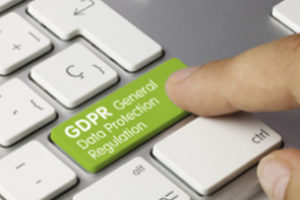Locking your credit is one of the most effective steps you can take to protect yourself from identity theft and fraud. Unlike credit monitoring, which only alerts you after suspicious activity has occurred, locking your credit prevents unauthorized access to your credit report before it even happens. This proactive approach is a powerful preventative control that puts you in charge of your financial security.
When you lock your credit, you essentially shut the door on potential fraudsters. They won’t be able to open new accounts, take out loans, or make large purchases using your name. The value here is clear: while credit monitoring tells you when something has gone wrong, locking your credit prevents the problem from arising in the first place.
Yes, unlocking your credit does require an extra step if you’re planning to make a major purchase, like buying a car or opening a new credit card. But think about it: that’s just one or two days out of the year. The other 364 days, your credit remains securely locked, protecting you from potential threats.
Taking the time to lock your credit with all three major bureaus is a small price to pay for the peace of mind that comes with knowing your financial identity is safe. In a world where data breaches and identity theft are all too common, locking your credit is a smart, simple, and powerful way to stay ahead of the risks. It’s not just about reacting to threats—it’s about preventing them before they even begin.
Current URLs for the three credit agencies:




